kategori film bahasa guarani
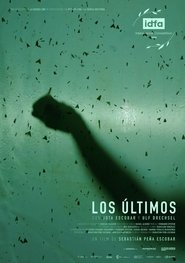 The vast Gran Chaco natural region...
The vast Gran Chaco natural region...The Last Ones 2023
The vast Gran Chaco natural region in Paraguay is under serious threat from large-scale deforestation and wildfires. Filmmaker Sebastian Peña Escobar travels with the German entomologist Ulf Drechsel and the Paraguayan ornithologist Jota Escobar to this vulnerable, flammable area, which looks like an apocalyptic landscape with red dirt roads and dry thorny trees.
 The 6 Guarani villages of Jaragu in...
The 6 Guarani villages of Jaragu in...Xondaros - Guarani Resistance 2023
The 6 Guarani villages of Jaraguá, in São Paulo, fight for land rights, for human rights and for the preservation of nature. They suffer from the proximity to the city, which brings lack of resources, pollution of rivers and springs, racism, police violence, fires, lack of infrastructure and sanitation, among others. Unable to live like their ancestors, their millenary culture is lost as it merges with the urban culture.
 Mercedes is an exhausted woman who...
Mercedes is an exhausted woman who...Birthday 2020
Mercedes is an exhausted woman who faces the non-return of her only son, after the end of the Chaco War in 1935. A soldier returns to the same town looking for his girlfriend, and ends up accompanying this woman, discovering in turn the reason for her suffering.
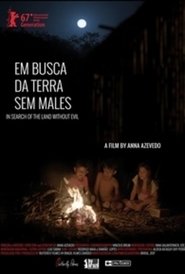 In the land without evil humans...
In the land without evil humans...In Search of the Land Without Evil 2017
In the ‘land without evil’ humans will find peace, according to the Guaraní. Not far from Rio de Janeiro, they have built a village where they can live according to their customs and their children can grow up equally influenced by ancient traditions and the modern world. The uncommented observation of their everyday lives full of games, laughter and music enables the audience to pose questions – and to search for their own right answers.
 The thunder is warning The earth...
The thunder is warning The earth...Urihi Haromatipë — Curadores da Terra-Floresta 2014
The thunder is warning, "The earth is sick." To cure it, David Kopenawa gathered in Roraima the Yanomami shamans from various regions. With the help of the spirit food, the hallucinogenic yãkoana powder, they will treat the ills caused by cities and white diseases.
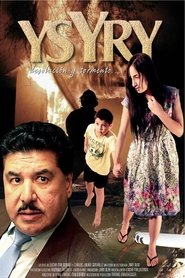 The story takes place in Luque...
The story takes place in Luque...Ysyry 2013
The story takes place in Luque, on the banks of the Yukyry stream, where Juanchi is going to take a dip after playing soccer on a hot summer afternoon. The child plays innocently in the stream when he suddenly shows respiratory failure after ingesting some water. It happens what is least expected, all the people dress in mourning for the tragic death of this child, thinking that he died drowned when in fact it was something else. The child's sister and the local doctor begin an investigation and that's when they'll wish they'd never started it by learning everything that's going on behind it.
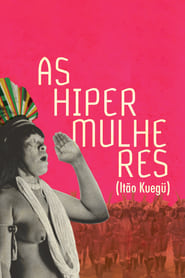 In the Kuikuro homeland of the...
In the Kuikuro homeland of the...The Hyperwomen 2011
In the Kuikuro homeland of the Upper Xingu in central Brazil, the community is called upon to make preparations for the Jamurikumalu ritual: a traditional festival of singing and dancing that is performed only by women. However, complications arise when an elderly woman is seriously ill. With refreshing frankness and exuberance, this extraordinary documentary follows the Kuikuro people in a race against time to preserve the knowledge of their elders and the practice of their traditions before they are lost forever.
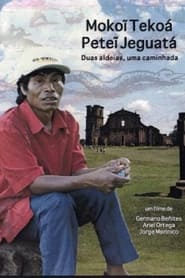 With no Forest left to hunt...
With no Forest left to hunt...Two villages, one single walk 2008
With no Forest left to hunt and no land to cultivate, the Maby-Guarani depend on the sale of their handcraft to survive. Three young Guarani filmmakers accompany the daily life of two comunities united by the same history, since the first contact with the Europeans until the intense coexistence with today’s White people.
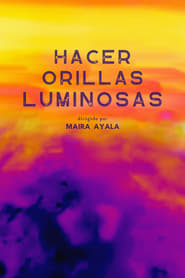
 RAP is a music path Jaragu...
RAP is a music path Jaragu... Young Benjamin is having trouble adjusting...
Young Benjamin is having trouble adjusting...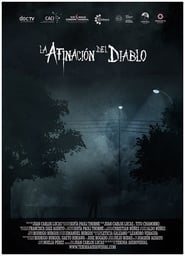
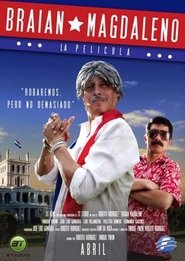
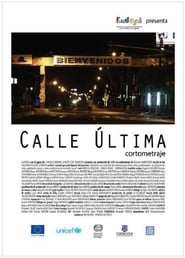 Miriam is thirteen years of age...
Miriam is thirteen years of age...